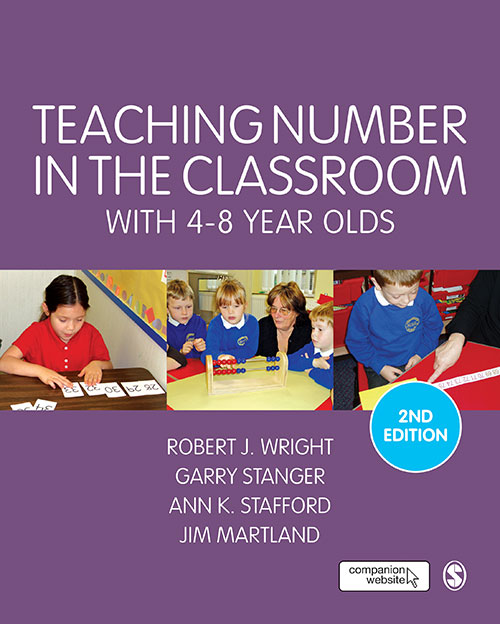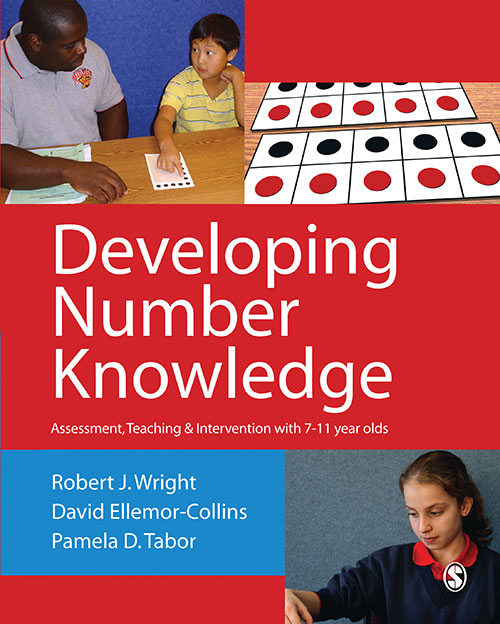Addition & Subtraction to 100: Mental Strategies
Overview
Learning Goal
Develop flexible mental computation strategies for addition and subtraction in the range to 100
Learning Goal Description
Addition and subtraction in the range to 100 is best accomplished by way of strong mental strategies. These strategies involve operating on the numbers by mentally coordinating units of 1 and units of 10, rather than attempting to imagine and replay the steps for written computation algorithms. The learning progression includes strategic use of base-10 materials and sequences of tasks to support the development and flexible use of a range of mental strategies. Mental computation, while an important learning goal itself, also provides a basis for the development of meaningful formal computation methods.
Pre-Requisite Knowledge
Students should have facility with strategies for addition and subtraction to 20 that do not involve counting by ones. Students should have knowledge of 10 as a unit and facility with incrementing and decrementing by 10s and 1s. (see Ready Set Math modules Addition & Subtraction to 20: Strategies and Basic Facts and Place Value: Counting Involving Base-10 Units)
Sub-goal A : Use non-count-by-one strategies to add or subtract a 1-digit number to or from a 2-digit number
-
Ask students to mentally solve addition and subtraction tasks involving a 2-digit number +/- a 1-digit number that stay within a decade family (e.g., Present written expressions such as 43 + 6 and 78 – 4). Use careful observation and questioning to determine the strategy used.
-
Ask students to mentally solve addition and subtraction tasks involving a 2-digit number +/- a 1-digit number that cross to a new decade family (e.g., Present written expressions such as 67 + 5 and 82 – 6). Use careful observation and questioning to determine the strategy used.
If students are not successful or need to count on or back by ones, check first to see if they can solve addition and subtraction in the range to 20 without counting. If that goal is met, the resources for this sub-goal can provide support in designing instruction to extend that thinking into higher decades.
Sub-goal B
Sub-goal C
Sub-goal D

Wright, R. J., Stanger, G., Stafford, A. K., & Martland, J. (2015). Teaching number in the classroom with 4-8 year olds (2nd ed.). London: Sage Publications, Ltd. (Chapter 8 & 9)

Wright, R. J., Ellemor-Collins, D., & Tabor, P. D. (2012). Developing number knowledge: Assessment, teaching & intervention. London: Sage Publications, Ltd. (Chapter 6)
The knowledge developed in this module supports learning for the operations of multiplication and division.
(see Ready Set Math modules Multiplication & Division: Counting-based Strategies and Multiplication & Division: Strategies and Basic Facts)
Consideration should also be given to early learning for fractions. (see Ready Set Math module Fractions: Part Whole and Fractions: Fractions as Measures)
© 2022 US Math Recovery Council®. All rights reserved. Permission is hereby granted for individual use only to support student learning. No other part of this product may be reproduced, stored in a retrieval system, or transmitted in any form or by any means, electronic, mechanical, photocopying, recording, or otherwise without the written permission of the US Math Recovery Council®.

